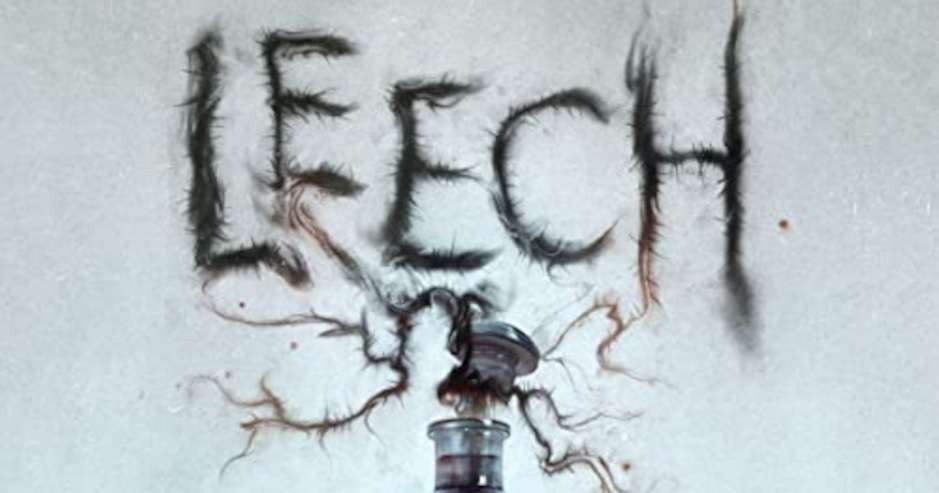
Who Knew We Needed More Gothic Steampunk Horror?
Gothic horror was never my favorite cup of tea. I found myself getting bored with the same old tropes about haunted houses, drafty doors and musty cellars. And all those sad, moaning ghosts. (Are ghosts frightening to anyone?)
Thankfully, modern horror has re-invented the "Gothic" story in new flavors of wonderful weirdness. And I'm here for of it, folks. Last month I reviewed Nathan Ballingrud's "Crypt of the Moon Spider," a lunar fantasy tale that blew my socks off. Today I'm turning my attention to another genre-bending winner by Hiron Ennes.
"Leech" carves out its own unique niche in horror. If you enjoy fantasy world-building, isolated winter settings, and ruined Gothic mansions--with a splattering of medical mystery and steampunk technology--this is the one for you.
This book is so innovative that it's challenging to even describe what it's about. In brief overview, a mind parasite is spreading among living hosts in an arctic village town, and a physician/detective is dispatched to this village to get to the bottom of it all. Interestingly, the protagonist isn't human. It's an alien organism that exists in a "hive mind" of human hosts. It both understands and rejects human feelings and emotions--which makes for a fascinating perspective.
The novel's pace dips in several spots, but author's prose was impressive enough to keep me hooked even through the slower sections. Ennes writes with a fluidity of words that left me entralled. The world-building is dripping with detail, set in a kind of post-apocalyptic Western Europe, complete with crumbling baronies, malfunctioning druids, and a society of medical geniuses. Ennes spools out tiny tidbits of lore in a piecemeal fashion, making it easy to draw parallels to an old world we're familiar with.
The biggest drawback in this story for horror afficionados may be a lack of a violent, bloody climax. I desperately wanted this tale to turn into "The Thing," but alas, the book drags out its finale without a tidy conclusion. The slow pacing and detailed world-building may also be a turn-off for readers who aren't looking explicitly for that.
Overall, though, I've never read anything quite like "Leech." If you're a curious horror reader hungry for something new, something fresh, pick this one up.
https://www.amazon.com/Leech-H...
*
*Disclaimer : I do not get paid or compensated for promoting fictional works. All reviews on this webpage are written of my own accord.
0 Comments Add a Comment?